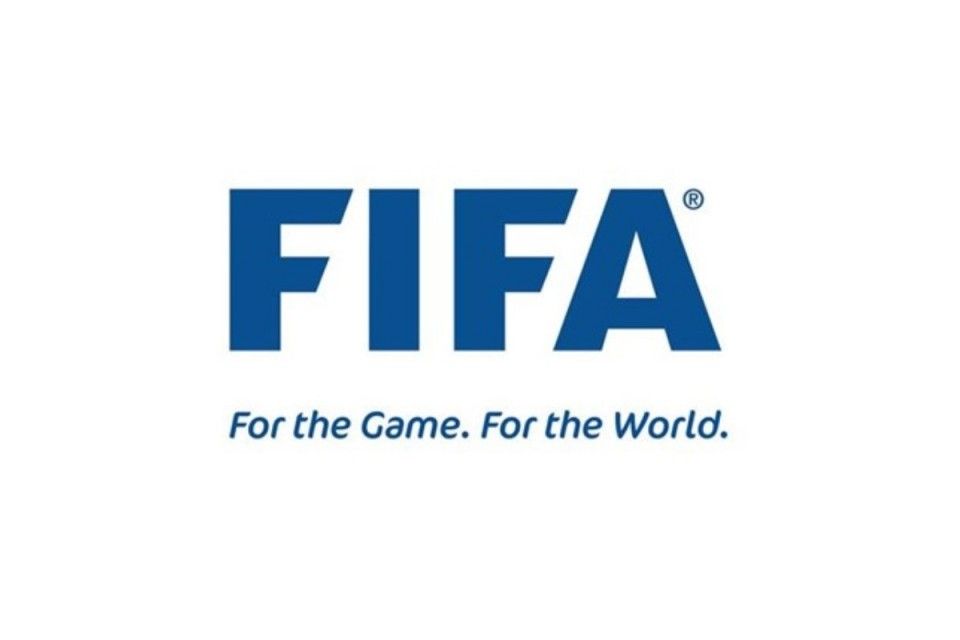
WADA has published two revised Technical Documents.
WADA’s Technical Documents (TDs) are issued to provide direction to WADA-accredited Laboratories, WADA-approved Laboratories for the Athlete Biological Passport, and other stakeholders, on specific technical or procedural issues.
TDs undergo periodic revisions to reflect scientific and technological advances in the performance of anti-doping analyses and the reporting of analytical results, as part of WADA’s mandate to enhance anti-doping activities under the World Anti-Doping Code.
The two revised TDs were approved during WADA’s Executive Committee (ExCo) meeting on 17 November 2022 and will come into effect on 1 January 2023. Accordingly, all WADA-approved Athlete Passport Management Units (APMU) and all WADA-accredited Laboratories are required to implement the revised documents by 1 January 2023.
All amendments to the revised documents titled 1) TD2023APMU Athlete Passport Management Unit Requirements and Procedures and 2) TD2023DBS Dried Blood Spots For Doping Control can be seen here.


